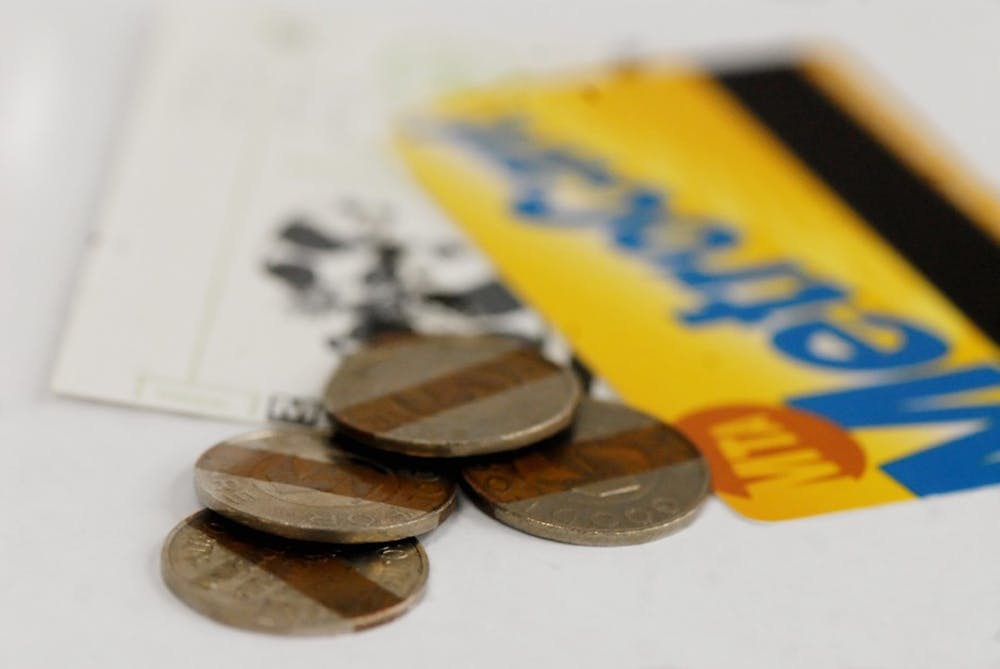
Students looking to see smart card technology from SEPTA will have to keep paying tokens and single fares at least until next year.
SEPTA announced plans earlier in the summer to implement new methods of fare payment and modernize Philadelphia’s public transportation, but budget constraints are preventing specific plans from being made.
According to SEPTA spokesman Andrew Busch, new payment options would make SEPTA the most advanced public transportation system in the country.
Busch said a new “open” fare system will allow travelers to pay using pre-paid cards in place of tokens. The cards would carry an information chip that could be reloaded with money using cash or credit, similar to the way tokens can be purchased now.
Riders could also pay using credit, bank or debit cards as they enter a bus or train.
Officials are also considering a system that would allow riders to pay with their cell phones, simply waving it as they pass into a train platform or onto a bus.
The new technology, which would expand the number of fare-collection options for riders, would make SEPTA the first major transit system in the United States with an open system of payment across all modes of travel.
While the plans would make it easier for riders to access SEPTA, financial issues prevent the new system from becoming a reality until next year at the earliest.
Busch said the project is estimated to cost $100 million, but funding has not yet been secured.
SEPTA submitted an application for a federal grant of $29.3 million that would contribute to the fare overhaul of buses and trolleys.
However, if the agency receives the grant money in the beginning of 2011, it will still need additional funds.
Busch said that the authority is seeking “creative ways to finance” the project, considering other federal grant applications and looking for state funds.
Following the advice of the Transportation Reform Commission, SEPTA raised token and multi-ride pass costs this July, Busch said. The commission recommends cost increases every three years, but the extra income is unlikely to go toward the cost of the project.
The smart card technology in full would take at least two years to complete, though multiple methods of transport could receive the changes at once, according to Busch.
Phil Dawson, chairman of the SEPTA Youth Advisory Council and a Penn School of Design graduate student, said that the new system would make it “more convenient for students to use SEPTA.”
He added that while students currently have to plan ahead to buy tokens or get single dollar bills, the broadened payment options would allow for more spur-of-the-moment trips.
College junior Ellen Wang called using tokens “a hassle,” though a smart card would probably not influence her to go downtown more frequently.
Powell Zhang, an Engineering senior, goes to Center City about twice per week on SEPTA, and thinks the new system would make his trips much easier. “I have to go to [Fresh Grocer] to get tokens, and I always lose them,” he said.
The Daily Pennsylvanian is an independent, student-run newspaper. Please consider making a donation to support the coverage that shapes the University. Your generosity ensures a future of strong journalism at Penn.
DonatePlease note All comments are eligible for publication in The Daily Pennsylvanian.




